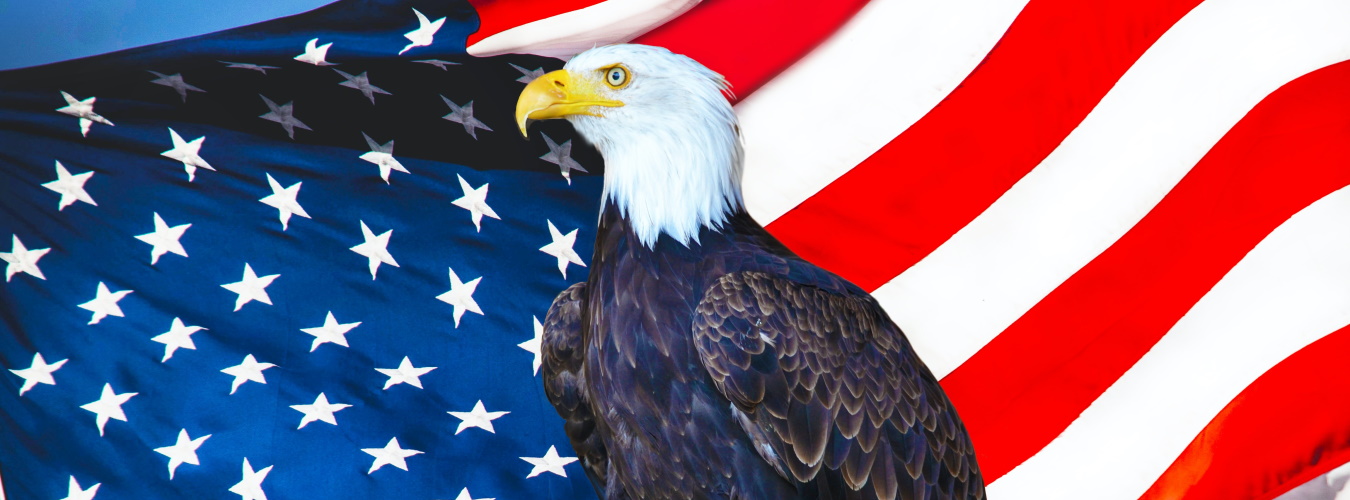During the great recession that began in 2008, the Federal Reserve kicked off a program called Quantitative Easing (QE), now referred to as QE1. The government typically funds deficit spending by borrowing money (lots of money) from people, institutions, other governments, and anyone else who trusts our government to repay that money. QE was different in that instead of borrowing money, the Fed instead just created new money and then used it to buy bonds, securities, and Treasury bills.
What a twist this all is. Issue a T-Bill as the government needs money to fund ongoing operations. Then, print money, to buy your own Treasury bill. And finally, pay yourself the interest on the Treasury bill. Try to wrap your mind around that. I’ll check back in a few hours.
The primary goal of QE was to not only inject additional cash into the economy, but also to drive down returns on long-term investments. Lower interest rates stimulate lending, and when an investor doesn’t see much of a return on long-term investments, they look for other places to park their cash.
Governments don’t like to create/print new money, because it devalues existing currency and can lead to rampant inflation. Luckily for us, every other Federal bank on the planet was doing the same thing, so we didn’t stand out like a sore thumb and weren’t kicked out of the club.
There is a great article on The Visual Capitalist showing how the cash that has been injected into the economy through QE1-QE4 matches up quite nicely with the value of the S&P 500 over the same time period. It’s easy to make the assumption that a lot of this newly created spending power is ending up in the stock market. If that’s the case, it could be tough, if not impossible for the Federal Reserve to stop these programs (without crashing Wall Street).
QE1 was intended as a short term solution, but as you can see from this article, we are now in QE4, and Wall Street is hooked on QE like a meth addict craves their next fix.
It has been a bit of a mystery to me as to why the stock market has held up so well during the COVID-19 pandemic. I view the stock market as a prediction machine, it’s not based on what is currently happening in the economy, but what will happen to the economy in the future. Wall Street likes certainty, and there is not a lot of that floating around right now. QE could be the answer to this mystery.
There are both pros and cons to these ongoing injections of dollars into our economy. If there is some interest, I might dig into those in a future post.
What are your thoughts about QE, and the recent record highs that we have seen in the major market indexes?
#QuantitativeEasing #QE #WallStreet #Inflation #InterestRates #Lending #Loans


